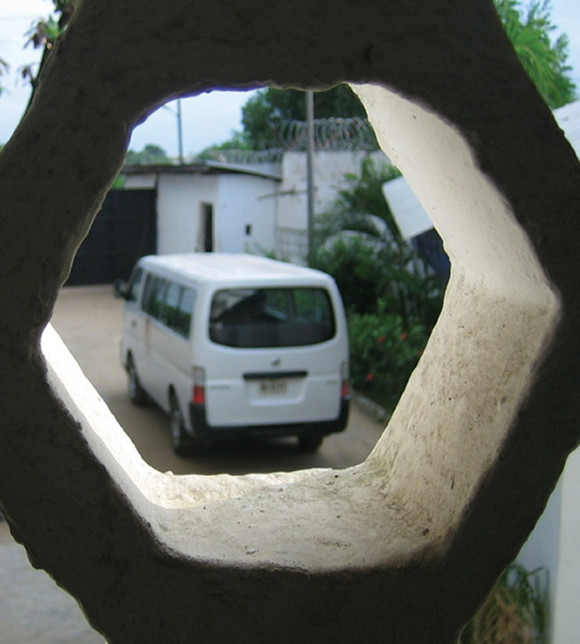Aid Worker Security Report 2022 - Collateral violence
This year’s Aid Worker Security Report examines the type of security incidents that involve what is often called collateral damage, which includes airstrikes, shelling, landmines, unexploded ordnance and other remnants of war, and crossfire.The likelihood of staff falling victim to these forms of attack may be low, but because it can be harder to predict, and the consequences can be so severe, the risk is harder to mitigate against. As a result, it often becomes the hard line in an agency’s decision to be present or not.
Across the humanitarian sector generally, aid agencies are not equipped or willing to work amid these risks, and far less the risk of chemical, biological, nuclear, and radiological (CBRN) attacks or events. The research for this report included interviews with aid practitioners working in Myanmar, Ethiopia (Tigray), Ukraine, Syria, and Yemen, and other professionals experienced in humanitarian operations in major conflict.
Suggested Citation
Format:
Stoddard, A., Harvey, P., Czwarno, M. & Breckenridge, M.-J. (2022). Aid Worker Security Report 2022: Collateral violence: Managing risks for aid operations in major conflict, Humanitarian Outcomes, August
